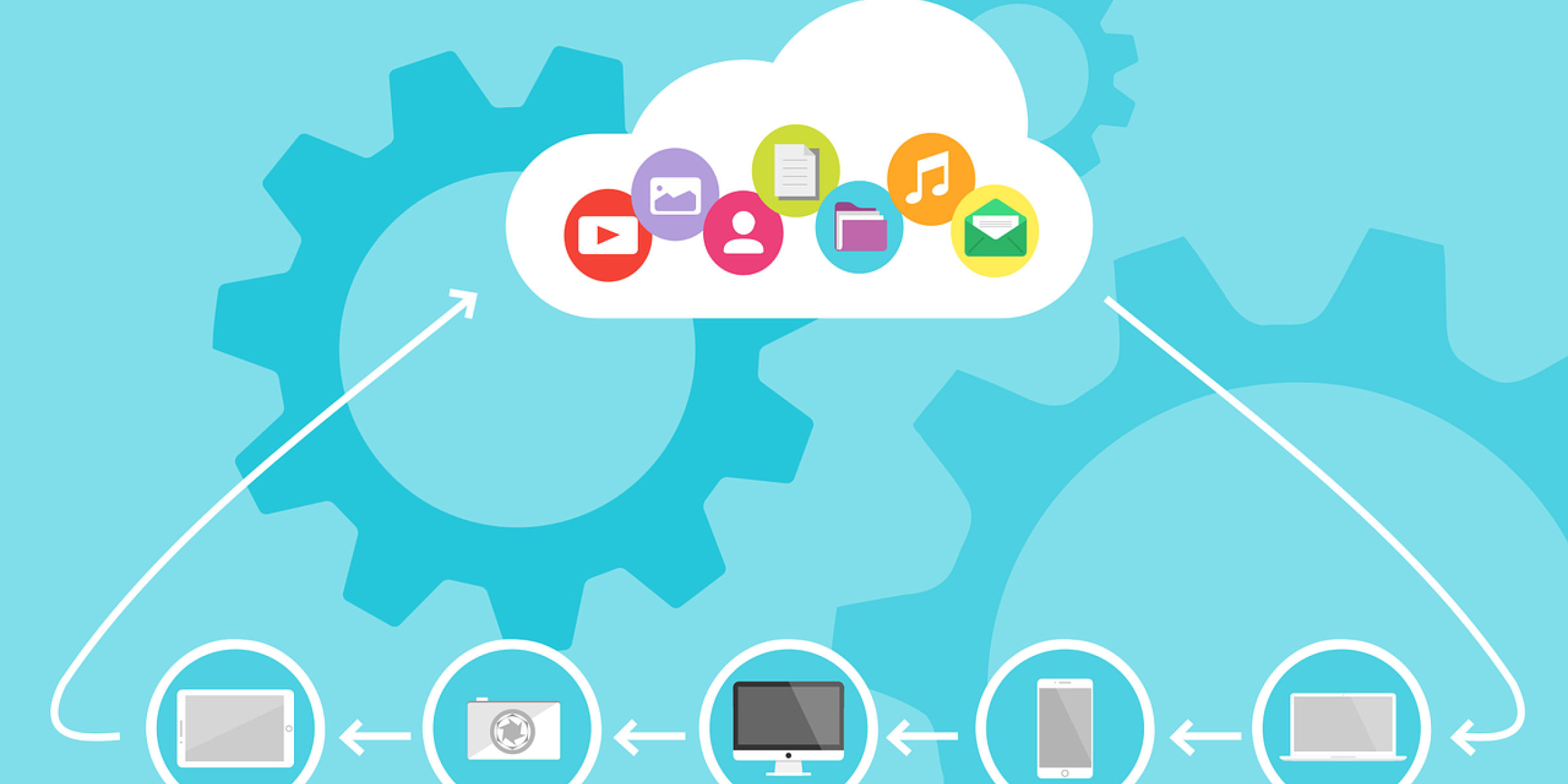Power of AWS Bedrock: A Comprehensive Guide for Beginners

In the vast landscape of cloud computing, Amazon Web Services (AWS) stands out as a bedrock, offering a robust infrastructure for hosting applications, managing data, and scaling resources. AWS Bedrock encompasses the foundational services and principles that form the backbone of AWS's offerings. As a beginner, understanding AWS Bedrock is essential for harnessing the full potential of AWS and building resilient, scalable applications.
What is AWS Bedrock?
At its core, AWS Bedrock comprises a set of fundamental services and architectural best practices that serve as the building blocks for cloud infrastructure. These foundational elements enable users to deploy, manage, and scale applications with ease, while also ensuring reliability, security, and cost-effectiveness.
Key Components of AWS Bedrock
1. Amazon EC2 (Elastic Compute Cloud)
Amazon EC2 provides resizable compute capacity in the cloud, allowing users to launch virtual servers, known as instances, to run applications. With EC2, users have full control over their computing resources, including the ability to choose instance types, operating systems, and storage options.
2. Amazon S3 (Simple Storage Service)
Amazon S3 offers highly scalable object storage for storing and retrieving data. S3 is designed for durability, availability, and performance, making it ideal for hosting static assets, backing up data, and serving as a data lake for analytics.
3. Amazon RDS (Relational Database Service)
Amazon RDS simplifies the setup, operation, and scaling of relational databases in the cloud. With support for popular database engines such as MySQL, PostgreSQL, and SQL Server, RDS allows users to focus on application development without worrying about database management tasks.
4. Amazon VPC (Virtual Private Cloud)
Amazon VPC enables users to provision a logically isolated section of the AWS Cloud, complete with their own IP address range, subnets, and route tables. VPC provides a secure and scalable environment for deploying applications, allowing users to define network settings and control access to resources.
Benefits of AWS Bedrock
1. Scalability
AWS Bedrock empowers users to scale their infrastructure seamlessly to accommodate changing workloads and traffic patterns. With auto-scaling capabilities and on-demand resources, users can meet demand spikes without overprovisioning or compromising performance.
2. Reliability
By leveraging redundant infrastructure and fault-tolerant designs, AWS Bedrock ensures high availability and reliability for applications. Services such as Amazon Route 53 for DNS and Amazon CloudWatch for monitoring contribute to proactive fault detection and remediation.
3. Security
AWS prioritizes security at every layer of its infrastructure, offering a wide range of tools and features to protect data and resources. AWS Identity and Access Management (IAM), encryption options, and network security controls help users implement robust security practices and compliance standards.
3. Cost-effectiveness
With pay-as-you-go pricing and resource optimization features, AWS Bedrock enables users to optimize costs and maximize ROI. Services like AWS Cost Explorer and AWS Budgets provide visibility into spending patterns and help users identify opportunities for savings.
Getting Started with AWS Bedrock
As a beginner, diving into AWS Bedrock can seem overwhelming, but AWS provides ample resources to help users get started. From comprehensive documentation and tutorials to hands-on labs and certifications, AWS offers a wealth of learning opportunities for users of all levels.
1. AWS Free Tier
The AWS Free Tier allows users to explore and experiment with a variety of AWS services at no cost for the first 12 months. This includes limited usage of services such as EC2, S3, RDS, and more, making it an ideal starting point for beginners.
2. AWS Training and Certification
AWS offers a range of training courses and certification programs to help users build their skills and expertise in cloud computing. Whether you're interested in becoming a Solutions Architect, Developer, or SysOps Administrator, AWS certifications validate your knowledge and proficiency in using AWS services effectively.
Conclusion
AWS Bedrock serves as the cornerstone of cloud computing, providing the essential tools and principles for building scalable, reliable, and secure applications. As a beginner, understanding the key components and benefits of AWS Bedrock is crucial for embarking on your cloud journey and unlocking the full potential of AWS. With dedication, practice, and ongoing learning, you can harness the power of AWS Bedrock to innovate, scale, and transform your business in the digital age.
Consult us for free?
View More


